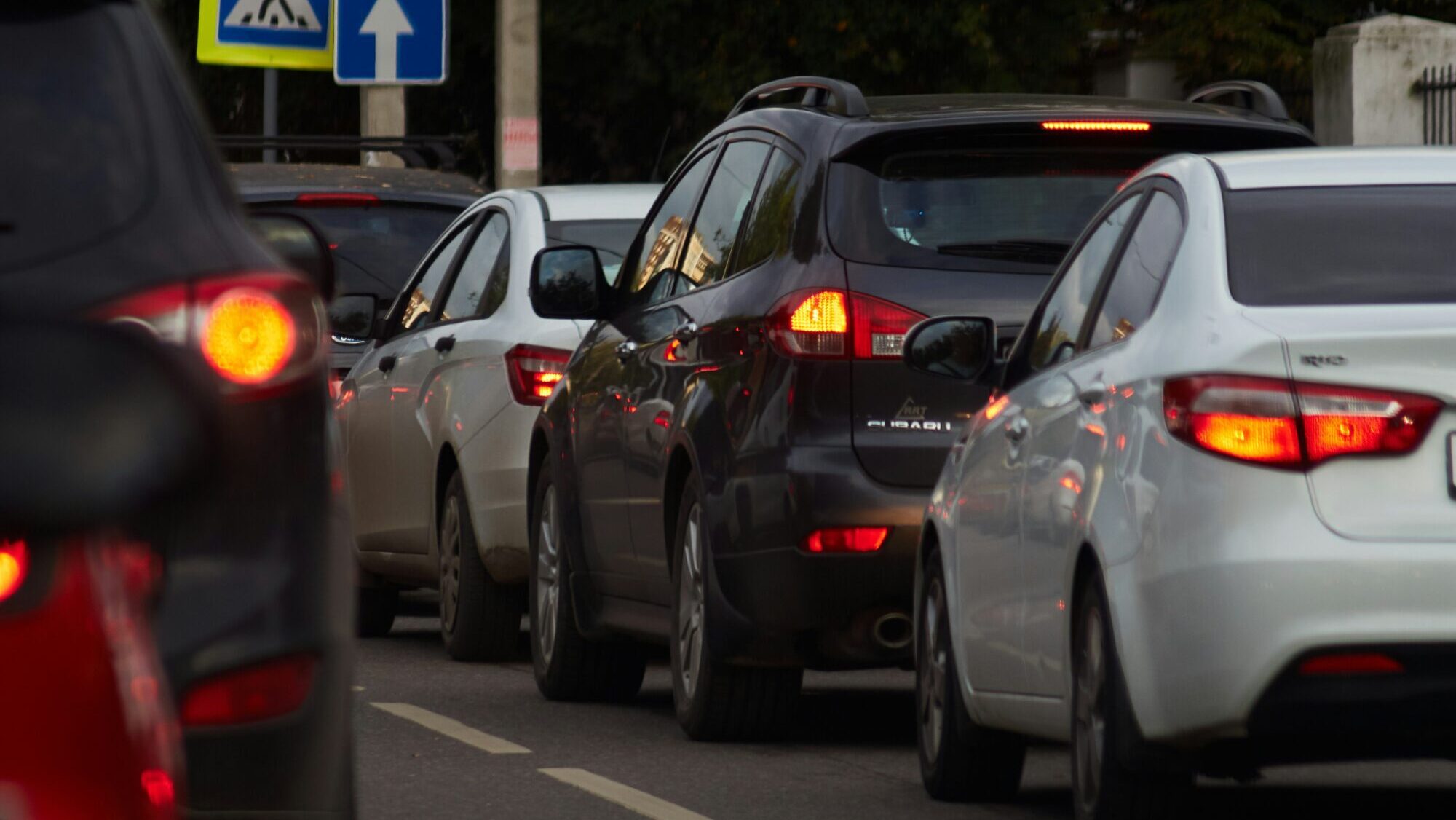
In Spain, long lines at electric car charging stations over the holiday travel weekend showed what can be expected from a future filled with electric cars.
Easter weekend is a peak travel time in Spain, with beach hotels fully booked and summer homes enjoyed by city-dwellers taking refuge in rural villages. El Debate reports that this year saw huge lines at the country’s main electric vehicle (EV) charging stations. Waiting in line for as long as two hours just to plug in EVs was just the prelude to even more time spent charging them.
While the newspaper coverage is anecdotal, it reveals key weaknesses in the EV infrastructure and problems that could quickly become more common.
Currently, Spain has a mere 200,000 totally electric cars on the road—most of them Teslas—in a country with some 25 million registered cars. Normally, EV drivers have no more problems than drivers of gasoline powered cars when refueling. They simply pull into a charging station and can immediately plug into a charger. But problems do arise under specific conditions.
Last weekend, the weather was the wild card dealt to travelers in electric vehicles, combined with the high volume of cars—including EVs—on the road. Temperatures dropped in all parts of the country, in some places into the single digits, and rain accompanied vacationers for a wet, cold Holy Week that continued into the first days of the following week.
According to El Debate, under such meteorological conditions, electric cars lose about 20% of their range compared to nice spring weather. Using car heaters can further drain the battery another 15% percent faster. Colder weather also causes EV batteries to take much longer to charge. Average charging times of 15 to 20 minutes soon turn into a wait of up to 50 minutes.
The long lines were seen primarily at Tesla charging stations along the A-1, the main highway from Madrid to Valencia on the Mediterranean coast, and the A-6, the main corridor between Madrid and the northern part of the country.
This situation, El Debate notes, is primarily due to high representation of Tesla in the electric car market. However, the newspaper notes that the Tesla drivers were not the only EV drivers affected and that there are thousands of charging stations that are built but not in use along Spain’s highways because of a lack of licenses to make them operational.
In part, the argument for a future all-electric car market rests on using renewable energy instead of fossil fuels. Spain’s Easter weekend shows the capacity of EVs to waste one genuine finite resource—people’s time.
